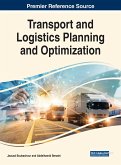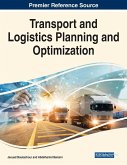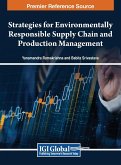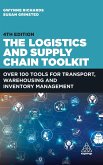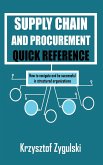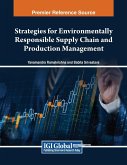Contemporary supply chains operate under the pressure of customer requirements, increasing price competition, sudden increases or decreases in demand, unforeseen obstacles and new threats. The right way to improve the functioning of the flow of material and accompanying information is not only the continuous collection of data but also their collection, analysis, inference and decision-making with the use of decision support systems, expert systems and artificial intelligence. Such procedures make it easier for logisticians not only to forecast processes but also to predict (forecast) and identify potential problems and facilitate the implementation of optimal modern solutions, paying attention to current trends in the supply chain market. An important issue that affects the quality, efficiency and availability (continuity) of the processes implemented within the supply chain is security. This is an area that is not clearly defined. This book uses theoretical and practical knowledge to define security in the supply chain as a state that gives a sense of certainty and guarantees the flow of material goods and services (in accordance with the 7w rule) as well as a smooth flow of information for the planning and management of logistics processes. Tools and instruments used to ensure the security of the supply chain contribute to the protection and survival in times of dangerous situations (threats) and adaptation to new conditions (susceptibility to unplanned situations). When analyzing the needs and structure of the 21st century supply chains, in the context of their security, it is impossible to ignore the problem of their digitization, which enables the determination of optimal routes and the anticipation of possible threats (crisis situations). Automatic data exchange between various departments of the company along the upper and lower part of the supply chain improves the functioning of the warehouse management through, among others, automation, robotization and pro-activity. It also contributes to efficient, good communication and market globalization. Automation also brings new, extremely attractive business models with regard to occupational safety, ergonomics and environmental protection. To meet the needs of creating modern supply chains, the book analyzes and presents current and future solutions that affect security and the continuity of supply chains.
Hinweis: Dieser Artikel kann nur an eine deutsche Lieferadresse ausgeliefert werden.
Hinweis: Dieser Artikel kann nur an eine deutsche Lieferadresse ausgeliefert werden.


